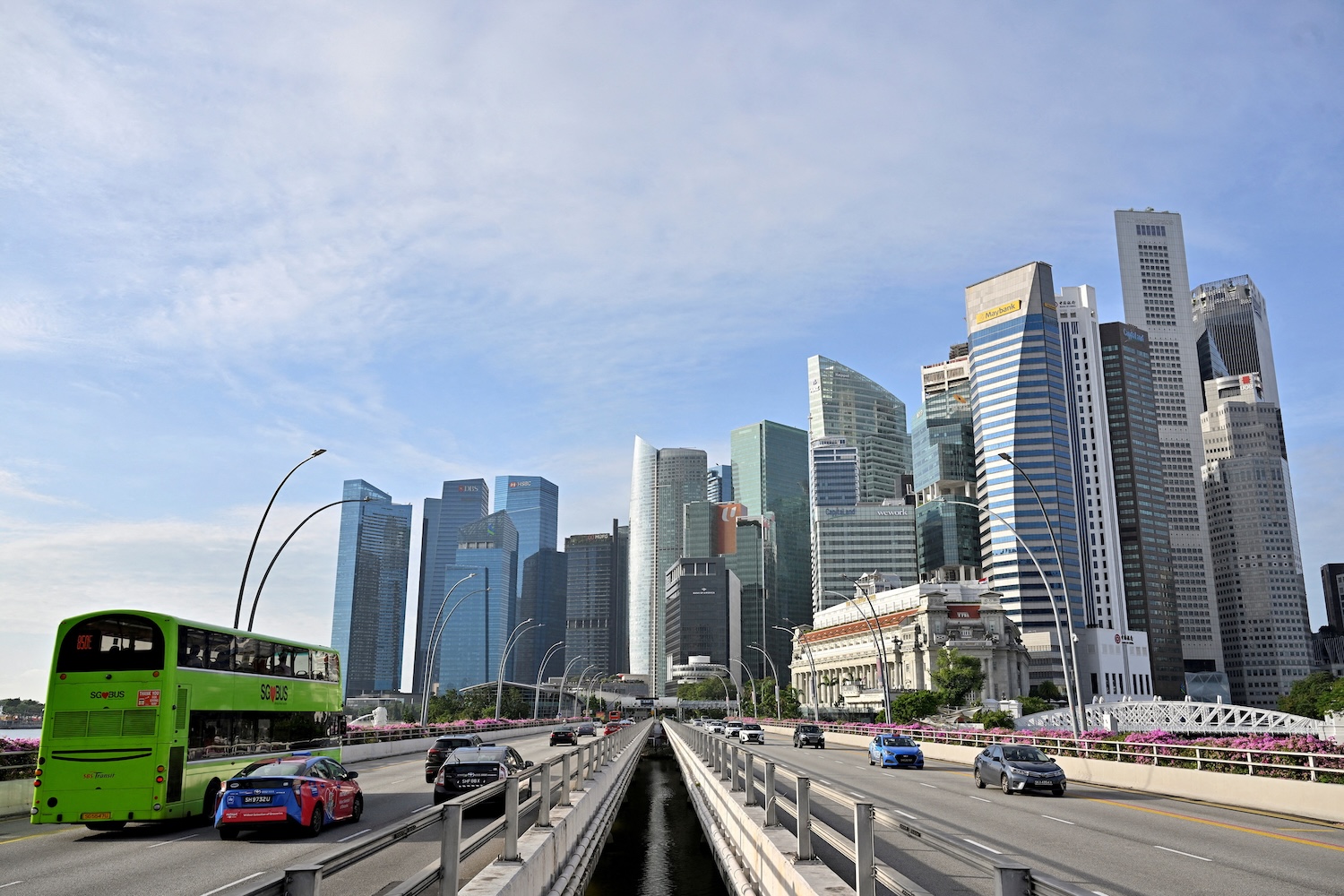
SINGAPORE - Voters in Singapore will go to the polls on May 3 in a general election billed as a referendum on the ability of the city-state’s perpetual governing party to manage mounting economic challenges.
The Election Commission announced the polling date on Tuesday after Prime Minister Lawrence Wong called on President Tharman Shanmugaratnam to dissolve parliament.
The vote will be the first electoral test for Wong, who took over from long-time premier Lee Hsien Loong as leader of the People’s Action Party (PAP) in May 2024.
The PAP is almost certain to dominate and win the most seats, as it has in every vote since independence in 1965, although its share of the popular vote will be closely watched after its worst-ever electoral performance in the last contest in 2020.
The election will take place amid a gloomy economic outlook as US President Donald Trump’s tariffs threaten to hit activity in the trade-reliant city-state, which on Monday downgraded its economic growth forecast for 2025 to between zero and 2%, from 1% to 3% earlier.
The ruling party’s popularity has dimmed in recent elections as the opposition steadily gained more ground in parliament, winning an unprecedented 6 seats in 2011 and 2015, and 10 in 2020.
The PAP scored its worst-ever electoral result in 2020, winning 61% of the popular vote, but that still translated to 89% of parliamentary seats.
This year’s election will feature four more seats compared to the last vote in 2020, with 97 lawmakers elected from 15 single-member electoral divisions and 18 divisions with 4 or 5 members each.
Pre-election goodies
In February, Wong delivered what analysts called “a full-blown election budget” with goodies for all Singaporeans.
For the first time, the budget included unemployment benefits. The strategy is part of a vision for Singapore that the Harvard alumnus billed as a means of refreshing the social compact.
His approach prompted fierce criticism from the opposition, which accused the government of “turbocharging inflation”.
“Unfortunately the support packages given by the government are now a given and people expect this anyway,” former ruling party lawmaker Inderjit Singh said before parliament was dissolved. “I don’t think the support packages will make a big impact to win back more votes.”
With both the PAP and the opposition facing political controversies in recent years, including a 2024 corruption conviction that sent a government minister to jail, the question is how much of that still lingers in the minds of voters, said Nydia Ngiow, managing director at the strategic business consultancy BowerGroupAsia.
“While this environment could pave the way for opposition gains, much depends on whether opposition parties can offer credible, long-term cost-of-living solutions,” she said.
High living costs are top of mind for voters, some of whom are still dealing with the economic pain that spiked in the aftermath of the Covid-19 pandemic.
But navigating choppy geopolitics will be just as big a challenge for the city-state, which for decades has used its strategic position to become a financial and commodities-trading hub with one of the highest living standards in the world.
The brewing global trade war “will spell trouble for all nations, especially small ones like Singapore”, Wong said in a social media video earlier this month. “We risk being squeezed out, marginalised and left behind.”
